
In my
last blog, I outlined five benefits of a gold-standard ESG benchmark for sustainable companies. Ten years ago, it would have been too soon to develop this benchmark. Ten years from now, it may be too late. Here are at least 7 reasons that now is the right time to create a gold-standard benchmark for ESG performance.
1. Leading companies are ready
The business community has already started to set gold-standard ESG performance benchmark-like goals for their environmental initiatives. Wal-Mart, GM, Ford, Toyota, Unilever, PepsiCo, P&G, Kraft, DuPont, Kimberley Clark, and others have embarked on zero-waste initiatives. California has regulations that require all new commercial buildings to be zero-net-energy (ZNE) by 2030. Interface is using its “
Mission Zero” to climb “Mount Sustainability” by 2020. These leading companies know that attaining these stretch goals will make them stronger, more resilient, and more successful. Aggressive “zero” or “100%” goals for KPIs in the gold-standard benchmark will not shock them. They already agree with them.
Read More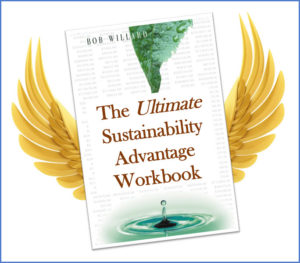 The situation is urgent. We need to accelerate corporate action on sustainability issues, especially on climate destabilization. So far, we have been ineffective in marshaling sufficient corporate leadership on impending social and environmental challenges. One reason is that sustainability champions have been ill-equipped to convince hard-nosed business executives that it is in their company's interest to help. We need a more usable, complete, and compelling business case tool. My new book will will fill that need. My last blog, Coming Soon: “The Ultimate Sustainability Advantage Workbook," provided three reasons why the "ultimate" descriptor is appropriate. Here is my 6-point publishing strategy for The Ultimate Sustainability Advantage Workbook to ensure that it is available to, and usable by, worldwide legions of sustainability champions by November. Read More
The situation is urgent. We need to accelerate corporate action on sustainability issues, especially on climate destabilization. So far, we have been ineffective in marshaling sufficient corporate leadership on impending social and environmental challenges. One reason is that sustainability champions have been ill-equipped to convince hard-nosed business executives that it is in their company's interest to help. We need a more usable, complete, and compelling business case tool. My new book will will fill that need. My last blog, Coming Soon: “The Ultimate Sustainability Advantage Workbook," provided three reasons why the "ultimate" descriptor is appropriate. Here is my 6-point publishing strategy for The Ultimate Sustainability Advantage Workbook to ensure that it is available to, and usable by, worldwide legions of sustainability champions by November. Read More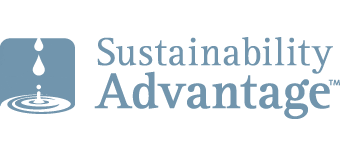
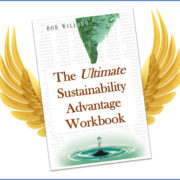
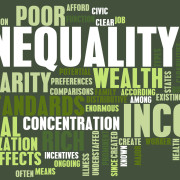
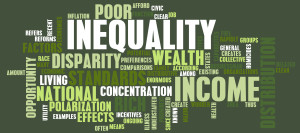



 In my
In my 
 I love it when a plan comes together.
I love it when a plan comes together.


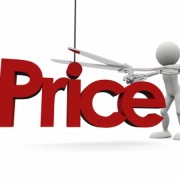
 There are at least seven threats to a company’s revenue stream if it fails to embrace sustainability strategies. In my
There are at least seven threats to a company’s revenue stream if it fails to embrace sustainability strategies. In my 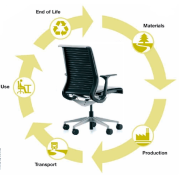
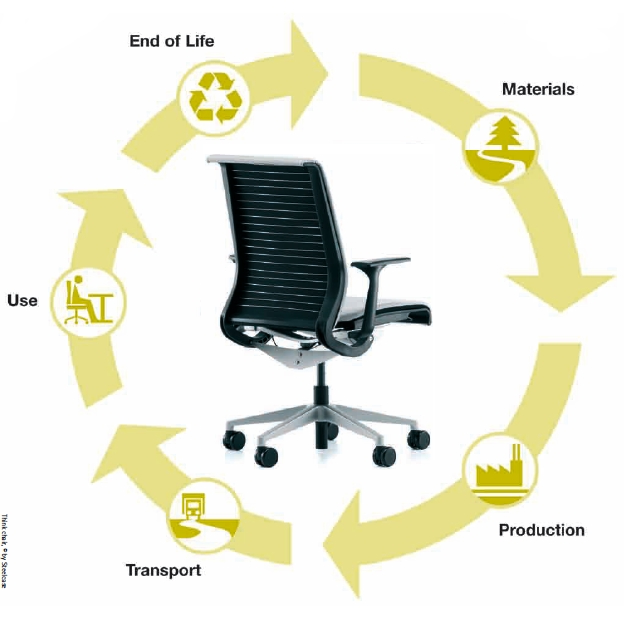 In my last two blogs, we looked at how company sustainability efforts can help generate more revenue because of its enhanced brand image as a responsible corporate citizen, as well as more revenue from new products and new markets. This week, we will look at additional revenue from selling services and leasing products.
There are four new revenue streams that companies exploit when they focus on selling services instead of producing goods that deplete natural capital.
In my last two blogs, we looked at how company sustainability efforts can help generate more revenue because of its enhanced brand image as a responsible corporate citizen, as well as more revenue from new products and new markets. This week, we will look at additional revenue from selling services and leasing products.
There are four new revenue streams that companies exploit when they focus on selling services instead of producing goods that deplete natural capital. 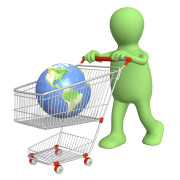
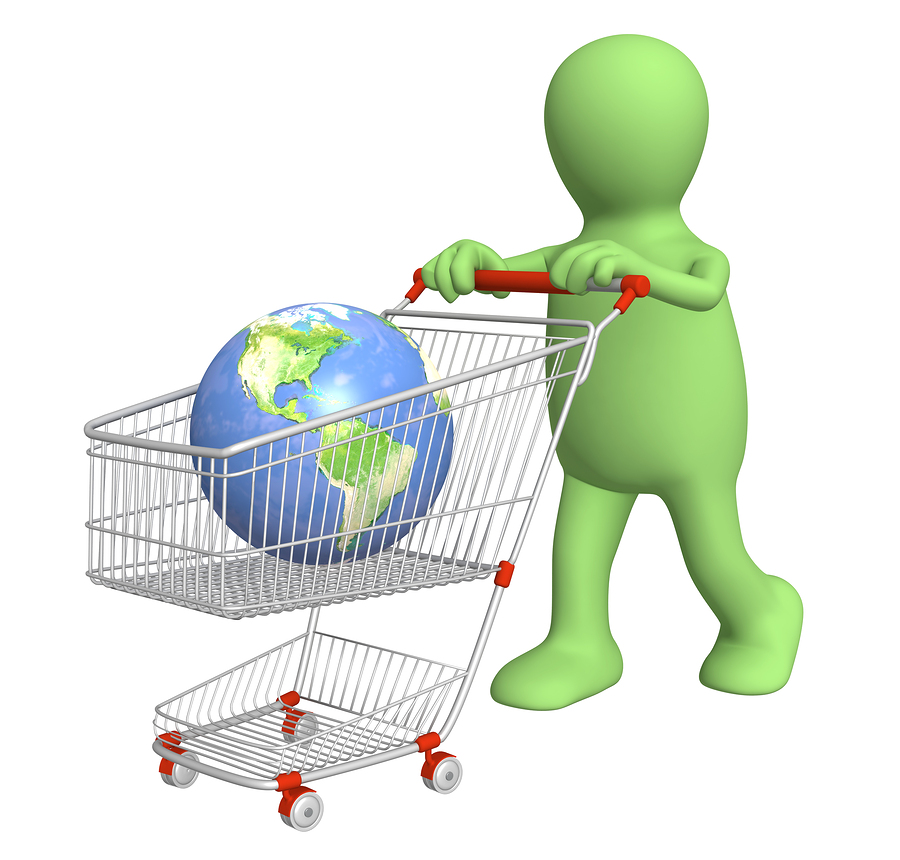 In my
In my 
 People buy from companies they trust. More and more, customers prefer to do business with companies that are doing good things and are responsible. The responsible image of the company builds loyalty with customers who identify with the values of the company – their loyalty is more to the company than to its products.
Even when buying green products, consumers may gravitate more towards buying from companies that best walk-the-talk on sustainability at a corporate level.
People buy from companies they trust. More and more, customers prefer to do business with companies that are doing good things and are responsible. The responsible image of the company builds loyalty with customers who identify with the values of the company – their loyalty is more to the company than to its products.
Even when buying green products, consumers may gravitate more towards buying from companies that best walk-the-talk on sustainability at a corporate level. 